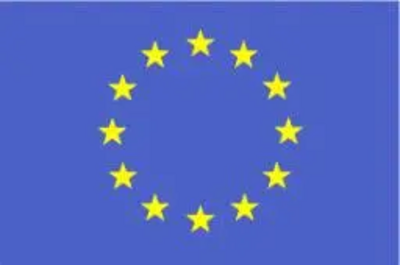The Eurozone Crisis - Some Lib Dem Comments

The gathering Eurozone crisis - particularly the dramatic summit on Friday when David Cameron dug his heels in - has generated a variety of comments from Lib Dem spokespeople.
The news media do not generally give Lib Dems much coverage, so here are some key comments, including some not widely reported.
First three defining comments by Nick Clegg and Vince Cable.
Back on 30 November, the Lib Dem leader in Brussels Guy Verhofdtstat gave an early warning about Sarkozy and Merkel.
Significantly, on 1 December the European Liberal Congress in Palermo rejected the Socialists' proposed Transaction Tax.
Following speeches by President Nicolas Sarkozy and Chancellor Angela Merkel in Paris on 2 December, Guy Verhofstadt rejected their Intergovernmentalism.
Also on 2 December, South-East Lib Dem MEP Sharon Bowles posted her crisis warning.
Then on 5 December Guy Verhofstadt again warned that Nicolas Sarkozy and Angela Merkel, offered nothing new.
On 7 December, Lib Dem MEP Andrew Duff expressed doubts about EU President Van Rumpoy's plans to avoid Treaty change.
Following the summit, on 9 December Sharon Bowles posted her analysis that Cameron played a dangerous game and lost.
Also on 9 December, Sir Graham Watson MEP, the European Lib Dem President accused the Centre Right Establihment of Letting Europe Down.
However earlier on 9 December, Sir Graham Watson had also describd the UK's decision to stay out of the EU Treaty deal as regrettable.
Finally again on 9 December, Andrew Duff deplored the UK decision not to participate, but described the summit as a New start for the Euro.
